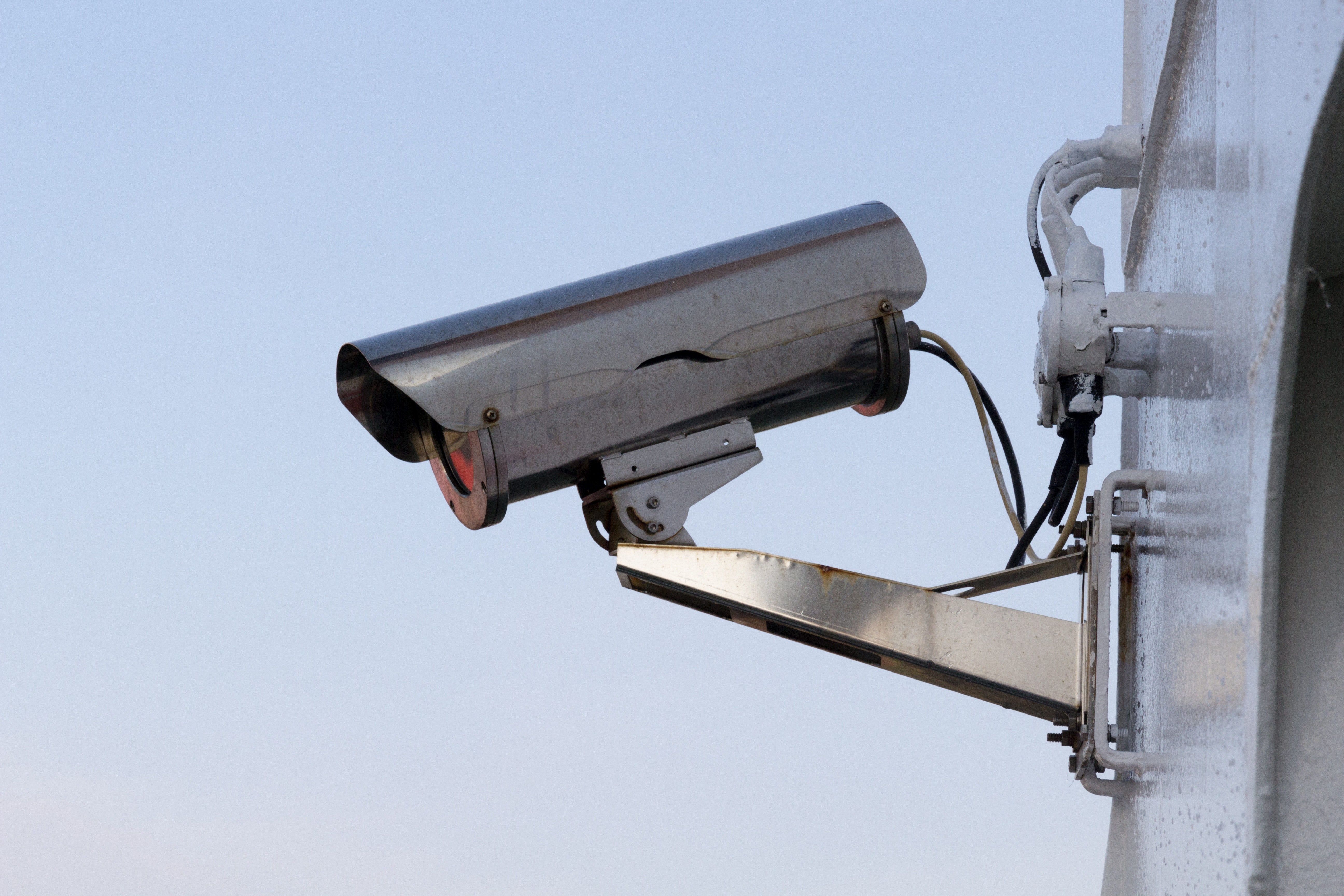The Development of a Chinese 'Big Brother'?

by Demi Stubbert
It is no secret that the Chinese Communist Party (CCP) have a dedicated army of censors labouring tirelessly and scrupulously over the world wide web, managing to destroy content that threatens the regime and carefully manipulate information and opinion to the party’s advantage.
Since the autonomous arena of social media became a significant sphere of our lives in 2004, it has allowed citizens to express their greatest grievances with society and engage in political dissent; it has revolutionized the way in which we receive news and information. It is clear to see why the CCP have concerns over its power and why they have therefore made it their mission to deter and dominate this influential dimension.
China’s censorship developed from frank prohibition of pluralistic platforms, such as Twitter, when in 2009 - just weeks before the 20th anniversary of Tiananmen Square - the party banned all access to the site. This is just one example of an age of ‘smart censorship’ in which China’s citizens are unable to decipher what is true and free, to what has been purposely constructed and redefined by authorities for the purpose of the party’s survival. Not only are the majority of well-known online platforms banned, but the CCP also censor the language citizens are allowed to use online. Hundreds of references and words are forbidden, most ironically the title 1984, which refers to George Orwell’s dystopian novel in which society is constantly surveilled. History is rewritten to favour the party’s decisions and behaviour is self-censored to conform to a reconstructed society of robots.
China’s vast network of censors is no longer confined within the physical geographical borders of the modern day Chinese empire, but is expanding across the Pacific to its neighbours and beyond. Even more alarming is the response of some tech companies who have succumbed to the demands of the CCP in the name of the market. Apple adhered to new restrictions imposed by the CCP which led them to delete hundreds of VPNs from their online store due to the threat of losing billions of users. This market power illustrates the extensive influence the party has, not only on its citizens, but on companies world-wide.
When 1984 was published in the late 1940s, the possibility that a government could edit and redraft history was but a fictional concept uttered in bourgeois book clubs and cafés. 60 years later, it is very much a reality for the billions of citizens in the next Chinese generation. It’s a generation that land themselves their first jobs not in the local supermarket, café or bar, but in a Chinese censor factory. It’s a generation that have never heard of Lie Xiaobo, the Chinese winner of the Nobel Peace Prize who fought for freedom of speech but died in Chinese Custody in 2017. It’s a generation that may not even realise that their freedom is forged.
As we venture in to almost the second decade of the 21st century, the methods of censorship that the CCP are enforcing are evolving rapidly - as is the threat to the freedom of billions of its citizens.
